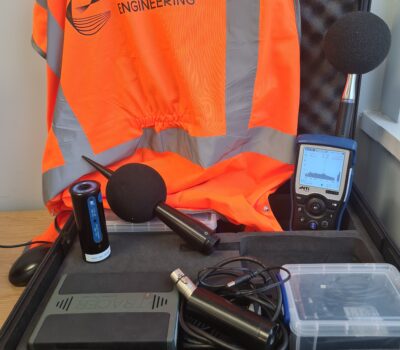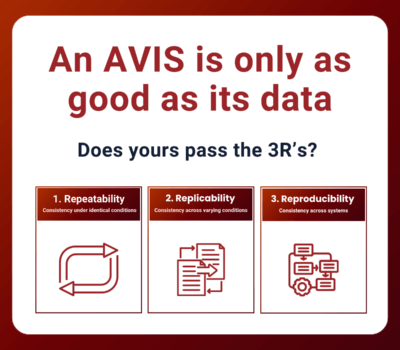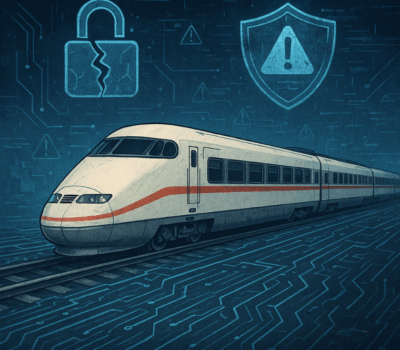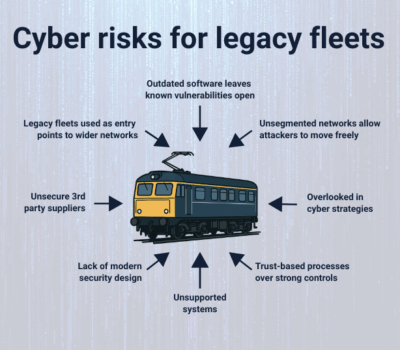Understanding noise complaints in the rail industry: insights and solutions
Noise complaints are a significant challenge for the rail industry, impacting not only the reputation of operators but also their relationships with the communities they serve. Therefore, the management of noise emissions is crucial to creating a safe environment for all stakeholders. From our extensive data analysis and experience across multiple projects, we have identified key trends and actionable insights into the most common sources of noise complaints and how operators can address them proactively.
What are the main sources of noise complaints?
Our findings revealed that work-related noise is the leading source of complaints in the rail sector. This includes noise generated by maintenance and repair works, which, while essential for ensuring safe and efficient rail operations, often occur during antisocial hours to minimise service disruptions. These works can cause significant disturbances to communities, particularly in residential areas near rail infrastructure.
Closely following this is noise from speakers and other announcement systems. While these systems are vital for passenger communication, poorly calibrated, excessively frequent or abnormally loud announcements can lead to frequent complaints.
What does a proactive approach to noise complaints look like?
A proactive approach begins with understanding the root causes of noise complaints and identifying opportunities to mitigate them before they escalate, focusing on prevention and early intervention rather than reactive solutions. Key strategies include:
- Continuously monitoring noise levels and complaint trends to identify patterns and hotspots for future mitigation efforts.
- Establishing open lines of communication with residents to address and manage concerns early.
- Equipping teams with the skills and knowledge to minimise noise during maintenance activities.
- Scheduling maintenance works at less disruptive times, where possible, and notify communities well in advance.
- Using quieter machinery and implementing noise-dampening technologies during maintenance activities.
What more can train operators do to address noise complaints?
Operators can also address noise complaints by implementing practical and effective measures. Operators need to develop comprehensive noise management plans tailored to specific routes and communities, ensuring a strategic and targeted approach to mitigating noise issues.
Investing in innovative noise mitigation tools, such as sound barriers and low-noise track technologies, can also significantly reduce the impact of rail noise on surrounding areas. Equally important is enhancing community relations through regular updates, consultations, and transparent communication.
Learn how we helped Northern with their noise management strategy.
How Encompass Engineering can help
We are a Derby-based engineering consultancy that specialise in delivering data-driven insights and tailored solutions to help rail operators manage noise effectively. We take a holistic approach by combining our extensive engineering expertise with our noise management services.
We deliver clear, actionable plans to address current noise issues, mitigate future complaints and provide ongoing support, including periodic assessments and real-time monitoring during major works, ensuring sustained improvements and a proactive approach to noise management.
If you’re ready to tackle noise complaints head-on, let us help you develop solutions that work for your operations, and your communities. Contact us today to learn more about our Noise Consultancy Services.






